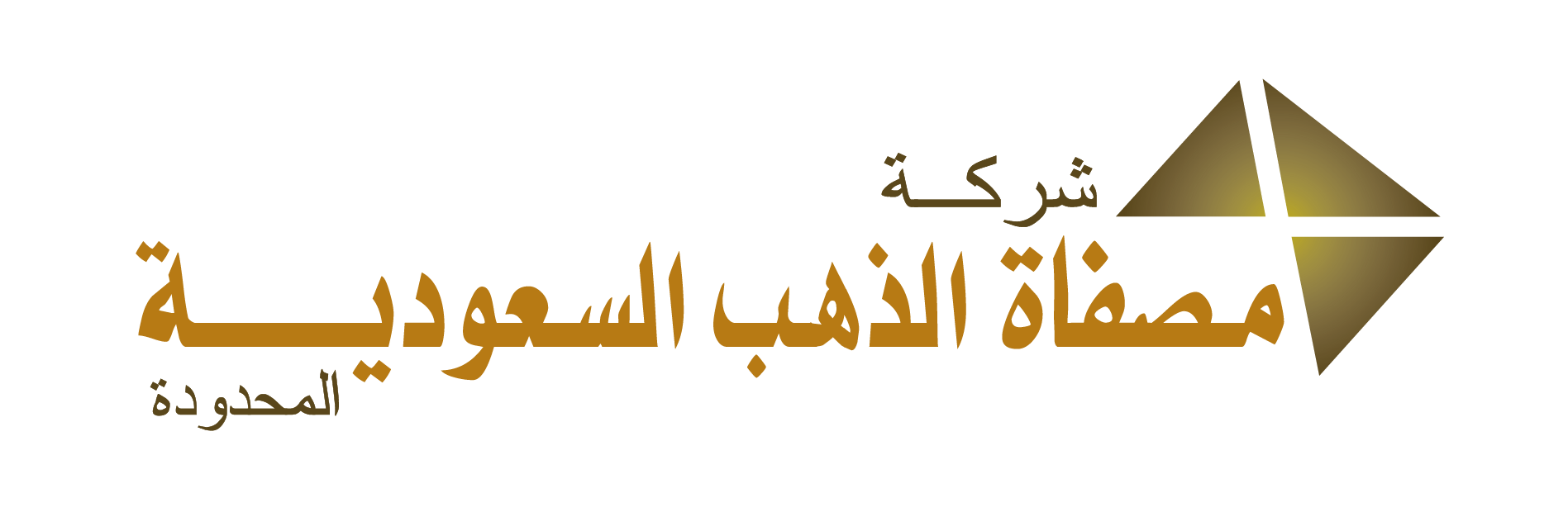Written by: Suleiman bin Saleh Al-Othaim
businessman
Chairman of the Board of Directors of the Saudi Gold Refinery
The Kingdom of Saudi Arabia, in conjunction with the implementation of the Kingdom’s Vision 2030, has supported the mining sector and strengthened the mineral industry with the aim of achieving sustainable development and diversifying sources of income. As part of these efforts, the Ministry of Industry and Mineral Resources issued 63 new mining licenses during August 2023, according to a report by the Ministry’s National Center for Industrial and Mining Information.
These licenses varied between building materials quarry licenses, exploration licenses, mining exploitation licenses and small mines, in addition to licenses for surplus mineral ores and reconnaissance licenses. With this addition, the number of mining licenses valid in the sector until the end of August 2023 reached approximately 2,335 licenses.
Those who follow this regard will find that the data provided and announced indicate that the Riyadh region ranks first in terms of the number of valid mining licenses in the sector, with 593 licenses. It was followed by the Eastern Province with 407 licences, then the Makkah Al-Mukarramah region with 385 licences, and the Medina region with 245 licences. Other regions such as Asir, Tabuk, Jazan, Al-Qassim, Najran, Hail, Al-Baha, the northern border and Al-Jawf come after that.
Those interested in the mining sector believe that the Ministry of Industry and Mineral Resources aims to protect the mining sector and maximize its value in accordance with the objectives of the Kingdom’s Vision 2030. The Ministry also seeks to transform mining into the third pillar of the national industry, and work to exploit the mineral resources available in the Kingdom, which are spread in more than 5,300 sites. Its value is estimated at approximately 5 trillion riyals.
The Kingdom of Saudi Arabia is considered one of the largest countries in the world in terms of mineral wealth, and possesses rich and diverse resources in various fields. The government is working to develop the mining sector in a sustainable manner in accordance with the best global practices in the industry, by improving mining legislation and policies and promoting innovation and technology transfer.
Hence, you can say that supporting the mining sector in the Kingdom of Saudi Arabia can achieve a number of expected economic benefits, such as diversifying sources of income, as the mining sector is considered one of the vital sectors that can contribute to diversifying sources of income for the Kingdom of Saudi Arabia. By relying on available mineral resources, it is possible to generate new revenues that reduce dependence on oil and reduce fluctuations in global oil prices.
It can contribute to increasing exports, as the mining sector can contribute to increasing the volume of Saudi exports. With the availability of rich mineral resources, the Kingdom can export minerals and mineral products to global markets, which strengthens the hard currency and supports the national economy.
It can also contribute to providing job opportunities, as the mining sector enhances job opportunities and contributes to providing new job opportunities for citizens. When developing mines and mining projects, direct and indirect jobs are created in related industries, which reduces unemployment rates and promotes economic growth.
As well as strengthening local industries, as the mining sector can enhance local industries and support industrial transformation in the Kingdom. By exploiting available mineral resources, advanced manufacturing industries and factories to produce finished mineral products can be developed, enhancing competitiveness and providing opportunities for innovation and technology.
In addition to stimulating investments, the mining sector is considered attractive for local and foreign investments. When the sector is supported and a suitable investment environment is provided, more capital, technology and expertise in the field of mining can be attracted, which contributes to enhancing economic growth and infrastructure development.
Not to mention providing economic sustainability, as supporting the mining sector enhances the economic sustainability of the Kingdom. By providing local mineral sources, the needs of national industries for minerals and mineral products can be met, which reduces dependence on imports and improves the trade balance.
There may be other potential benefits to supporting the mining sector in the Kingdom, and they depend on the specific strategy and effective implementation of plans and policies, as a balance must be struck between benefiting from mineral resources, preserving the environment, and enhancing environmental sustainability in mining operations.
Granting licenses on a continuous and systematic basis is a guarantee of the sustainability and recovery of the mining sector in the Kingdom.


